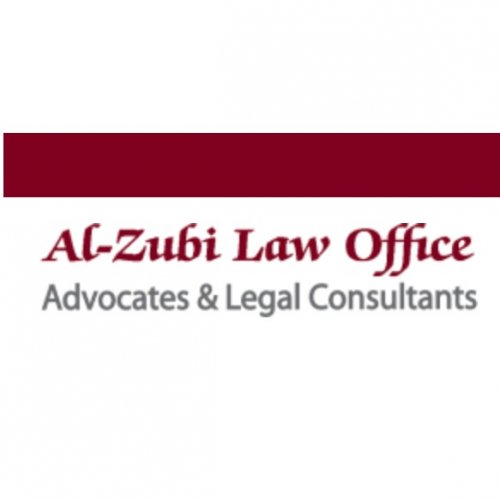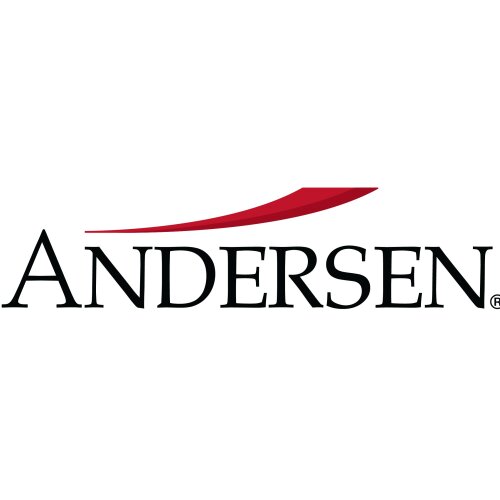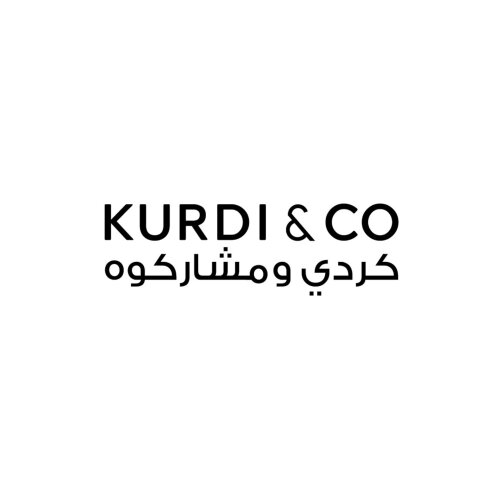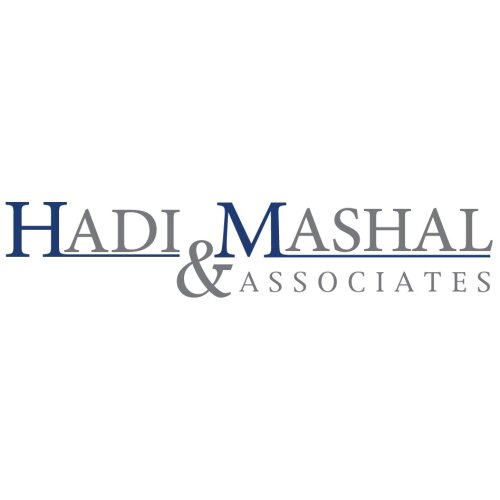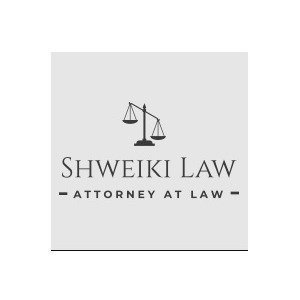Best Sanctions & Export Controls Lawyers in Palestine
Share your needs with us, get contacted by law firms.
Free. Takes 2 min.
Or refine your search by selecting a city:
List of the best lawyers in Palestine

Istikamah For Advocates And Legal Services - استقامة للمحاماة والخدمات القانونية
15 minutes Free ConsultationAbout Sanctions & Export Controls Law in Palestine
Sanctions and export controls form a crucial part of the regulatory framework governing trade and economic relations in Palestine. These laws are designed to regulate the transfer of goods, services, technology, and funds in order to comply with domestic and international obligations. Palestine is unique in the Middle East, given its political situation and economic pressures, which affect its approach to sanctions and export controls. Businesses and individuals operating in or with Palestine must be very careful to understand the legal landscape, especially due to the involvement of international organizations, foreign governments, and various regulations imposed by local authorities. Adherence to these controls is essential to avoid violations that can lead to severe civil and criminal penalties.
Why You May Need a Lawyer
Engaging a lawyer experienced in sanctions and export controls can be critical in several circumstances. Common situations where legal expertise is valuable include:
- Complying with local or foreign sanctions regulations affecting imports or exports
- Responding to government investigations or enforcement actions
- Requesting licenses or permits to import or export controlled items
- Handling disputes or seizures at borders related to restricted goods
- Negotiating contracts with international parties where sanctions may apply
- Reviewing business activities for compliance with international restrictions
- Understanding updates to evolving laws, regulations, and international agreements
Legal counsel can help you navigate complex procedures, reduce your compliance risks, and protect your business or personal interests.
Local Laws Overview
Sanctions and export control laws in Palestine are influenced by several factors:
- Local regulations passed by the Palestinian Authority set the baseline for goods and services that can or cannot be exported or imported.
- Palestine’s unique geopolitical context means that both Israeli controls and international measures can impact the import and export of items, particularly those that may be classified as dual-use technology or have military applications.
- International sanctions, including those imposed by the United Nations or foreign governments, such as the United States or European Union, can affect dealings with certain countries, entities, or persons.
- Financial transactions may be subject to scrutiny by authorities to prevent money laundering or the financing of prohibited activities.
- Permits and licenses are often required for controlled items, and the application process can be detailed and time-consuming.
Individuals and businesses must pay close attention to the overlapping layers of law to ensure full compliance with all relevant rules.
Frequently Asked Questions
What is meant by sanctions and export controls in the context of Palestine?
Sanctions are legal restrictions imposed by authorities on trade, finance, or other activities with specific countries, groups, or individuals. Export controls regulate the export of goods, technology, and services, especially those with military or dual-use potential. In Palestine, both are shaped by local and international dynamics.
Who imposes sanctions that affect Palestine?
Sanctions affecting Palestine may be imposed by the Palestinian Authority, Israel, the United Nations, the United States, the European Union, or other international bodies, depending on the circumstances and entities involved.
What types of goods are typically subject to export controls in Palestine?
Goods often subject to control include weapons, dual-use technologies, chemicals, certain electronic devices, and software. Restrictions can also apply to cultural artifacts and agricultural products, depending on the destination.
Do I need a license to export goods from Palestine?
Yes, if the goods in question are classified as controlled items, you generally need to apply for a permit or license from the relevant Palestinian authorities, or potentially from Israeli authorities if the goods cross Israeli-controlled borders.
Can I import goods into Palestine that are under international sanctions?
Importing goods that are specifically prohibited by sanctions is not allowed. Violating sanctions can result in the seizure of goods, fines, or criminal charges. It is essential to verify if any relevant sanctions apply before importing.
What are the consequences of violating sanctions or export controls in Palestine?
Consequences may include administrative penalties, fines, seizure of goods, revocation of licenses or permits, and, in cases of serious or willful violations, criminal prosecution.
How can I verify if my business activities are compliant with sanctions law?
Regularly review your trading partners, end users, and destinations against sanctions lists and prohibited entities. Consult legal counsel if your business involves sensitive goods, technologies, or services.
Are there specific sectors more prone to export controls in Palestine?
Yes. Sectors such as information technology, telecommunications, defense, pharmaceuticals, and chemicals are more highly regulated due to the sensitive nature of the items involved.
What should I do if my shipment is seized due to suspected sanctions violations?
Contact a qualified lawyer immediately. They can help assess the situation, respond to authorities, and assist in recovering your shipment or minimizing potential penalties.
Where can I find updates regarding sanctions and export controls in Palestine?
You can stay updated through official government websites, international news agencies, and by subscribing to legal updates from law firms specializing in international trade and compliance.
Additional Resources
Several organizations and governmental bodies provide guidance and support regarding sanctions and export controls in Palestine:
- Ministry of National Economy of Palestine - oversees trade regulations and licensing
- Palestinian Investment Promotion Agency - offers assistance to businesses with compliance matters
- Customs Directorate - responsible for the inspection and authorization of imports and exports
- Chambers of Commerce in major cities - can provide information and refer specialists
- International organizations such as the United Nations or International Committee of the Red Cross - provide updates on international sanctions and humanitarian exemptions
Local lawyers with experience in sanctions, export controls, and international trade law are also valuable resources for ongoing support and advice.
Next Steps
If you need legal assistance with sanctions and export controls in Palestine, consider taking the following actions:
- Compile all documentation and records relevant to your situation, including contracts, permits, correspondence, and shipment records
- Identify the specific goods, services, or transactions that raise concerns, and note any notifications or inquiries received from authorities
- Consult a lawyer specializing in sanctions and export controls as soon as possible
- Clearly explain your position, business activities, and any time-sensitive issues to the lawyer, so they can best advise you
- Monitor official sources for any changes in law or enforcement practices that may affect your matter
Addressing sanctions and export controls issues proactively can help you avoid costly mistakes and safeguard your personal or business interests in Palestine’s complex legal environment.
Lawzana helps you find the best lawyers and law firms in Palestine through a curated and pre-screened list of qualified legal professionals. Our platform offers rankings and detailed profiles of attorneys and law firms, allowing you to compare based on practice areas, including Sanctions & Export Controls, experience, and client feedback.
Each profile includes a description of the firm's areas of practice, client reviews, team members and partners, year of establishment, spoken languages, office locations, contact information, social media presence, and any published articles or resources. Most firms on our platform speak English and are experienced in both local and international legal matters.
Get a quote from top-rated law firms in Palestine — quickly, securely, and without unnecessary hassle.
Disclaimer:
The information provided on this page is for general informational purposes only and does not constitute legal advice. While we strive to ensure the accuracy and relevance of the content, legal information may change over time, and interpretations of the law can vary. You should always consult with a qualified legal professional for advice specific to your situation.
We disclaim all liability for actions taken or not taken based on the content of this page. If you believe any information is incorrect or outdated, please contact us, and we will review and update it where appropriate.
Browse sanctions & export controls law firms by city in Palestine
Refine your search by selecting a city.




